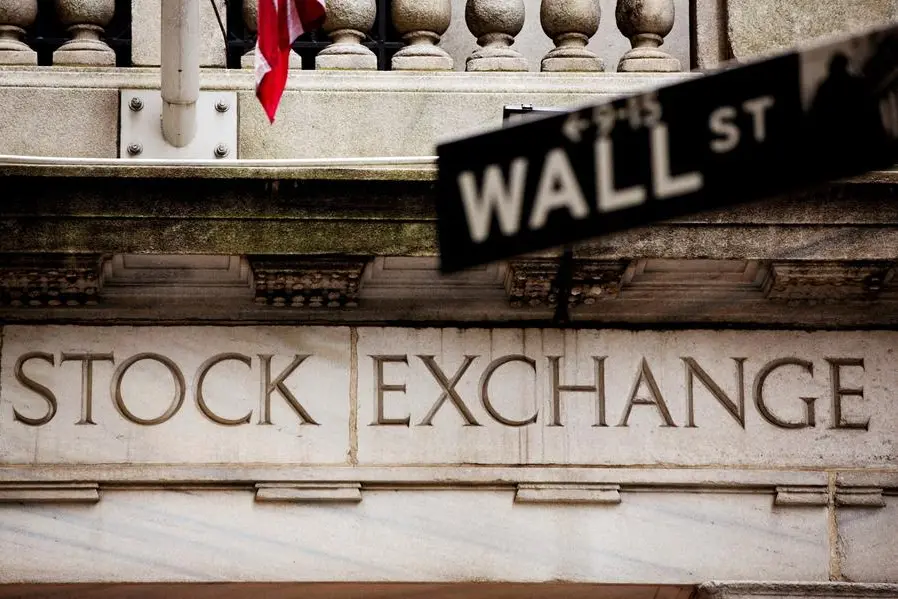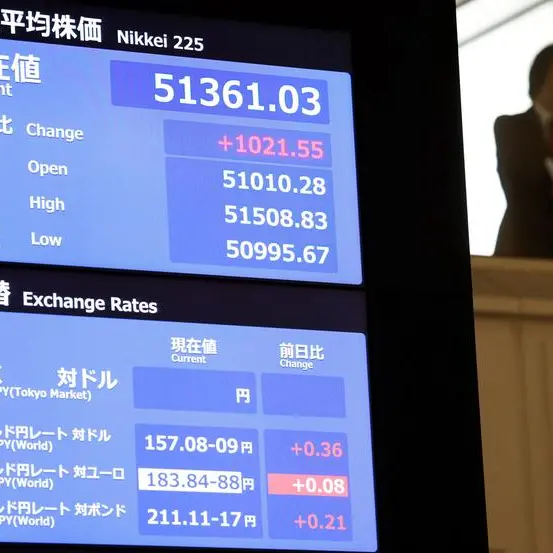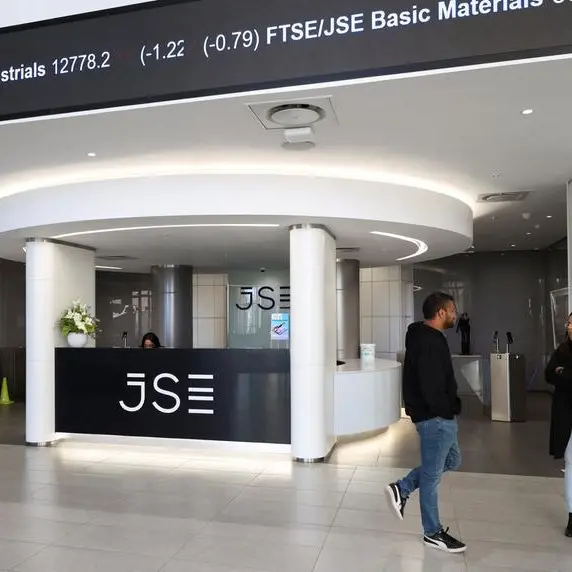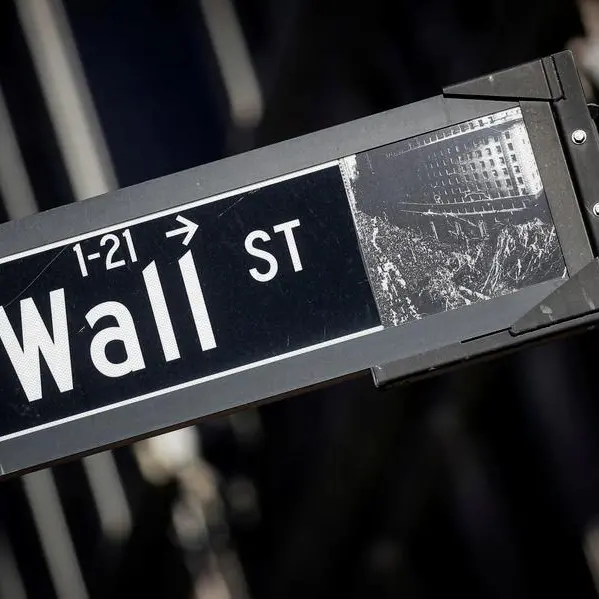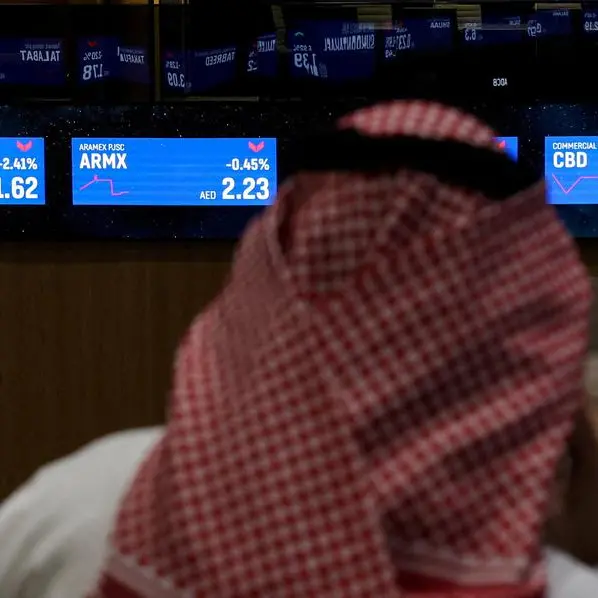PHOTO
U.S. stock index futures plunged on Thursday as President Donald Trump's sweeping tariffs on major trade partners sparked fears of a full-blown trade war and raised the risk of tipping the global economy into a recession.
Global stocks slumped, government bonds jumped and safe-haven gold touched a record high as Trump slapped a 10% tariff on most goods imported to the United States and much higher levies on dozens of rivals.
Futures tracking the S&P 500 fell 3.33% by 07:08 a.m. ET (1208 GMT), Dow futures dropped 2.73%, while Nasdaq 100 e-minis tumbled 3.83%, led by declines in shares of megacap tech companies. Apple sank 7.4%, reeling from the impact of an aggregate 54% tariff on China, which is the base for much of Apple's manufacturing. Microsoft dropped 2.5% and Nvidia fell 5.3%.
"This was the first bullet thrown in this trade war and it could get nasty and that is spooking investors. We're going to continue to trade on a heavy tone because of the heightened risk of either recession or stagflation," said Elias Haddad, senior markets strategist at Brown Brothers Harriman.
"We could see the correction to bottom out when we have firm evidence that we're not falling into recession."
The tariffs, poised to disrupt the global trade order and unsettle businesses, represent a stark shift from just a few months ago when the promise of business-friendly policies under the Trump administration propelled U.S. stocks to record highs.
Futures tracking the U.S. small-cap Russell 2000 index tumbled 4.5%, underscoring concerns about the health of the domestic economy. Retailers were hit hard on Thursday, with Nike dropping 9.8% and Walmart falling 4.9% after Trump imposed a raft of new tariffs on major production hubs including Vietnam, Indonesia and China.
Big banks such as JPMorgan Chase & Co, Citigroup and Bank of America Corp, which are sensitive to economic risks, dropped more than 3.5% each. U.S. Treasury yields dived to multi-month lows, with the benchmark 10-year yield falling to a more than five-month low of 4.04%.
The CBOE Volatility index, known as Wall Street's fear gauge, touched a three-week high at 26.18 points.
Traders are ramping up expectations for the Federal Reserve to cut interest rates at least three times this year, with the possibility of a fourth cut by the year's end becoming less of a long shot.
That heightens the significance of Federal Reserve Chair Jerome Powell's upcoming speech on Friday, as it could provide crucial insights into the health of the U.S. economy and the future path of interest rates.
"The prospect of looser monetary policy and potentially greater fiscal stimulus once the Trump administration announces the tax cut plan should provide some support to equity markets," Haddad added.
Investors are also looking ahead to U.S. non-farm payrolls report on Friday.
Data on weekly jobless claims and U.S. services sector activity are due later in the day.
(Reporting by Sruthi Shankar and Pranav Kashyap in Bengaluru; Editing by Saumyadeb Chakrabarty and Anil D'Silva)
